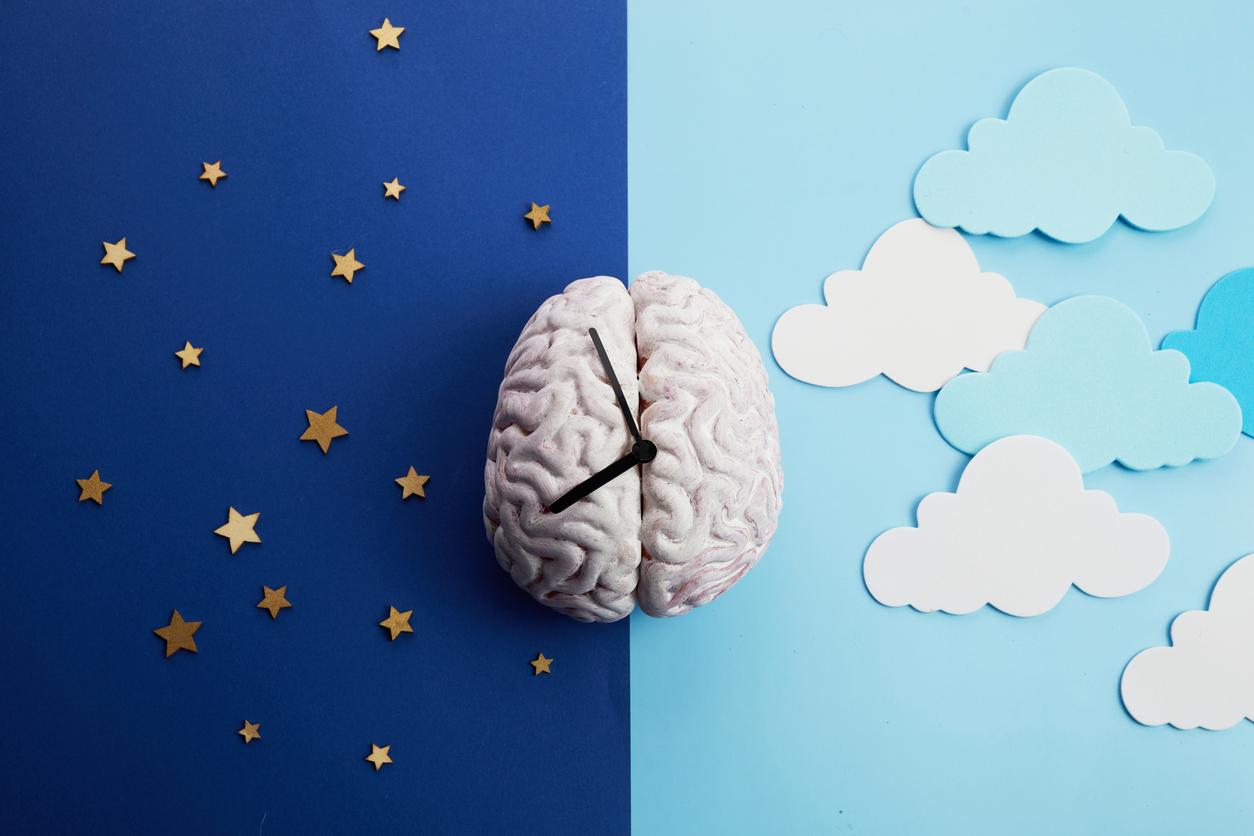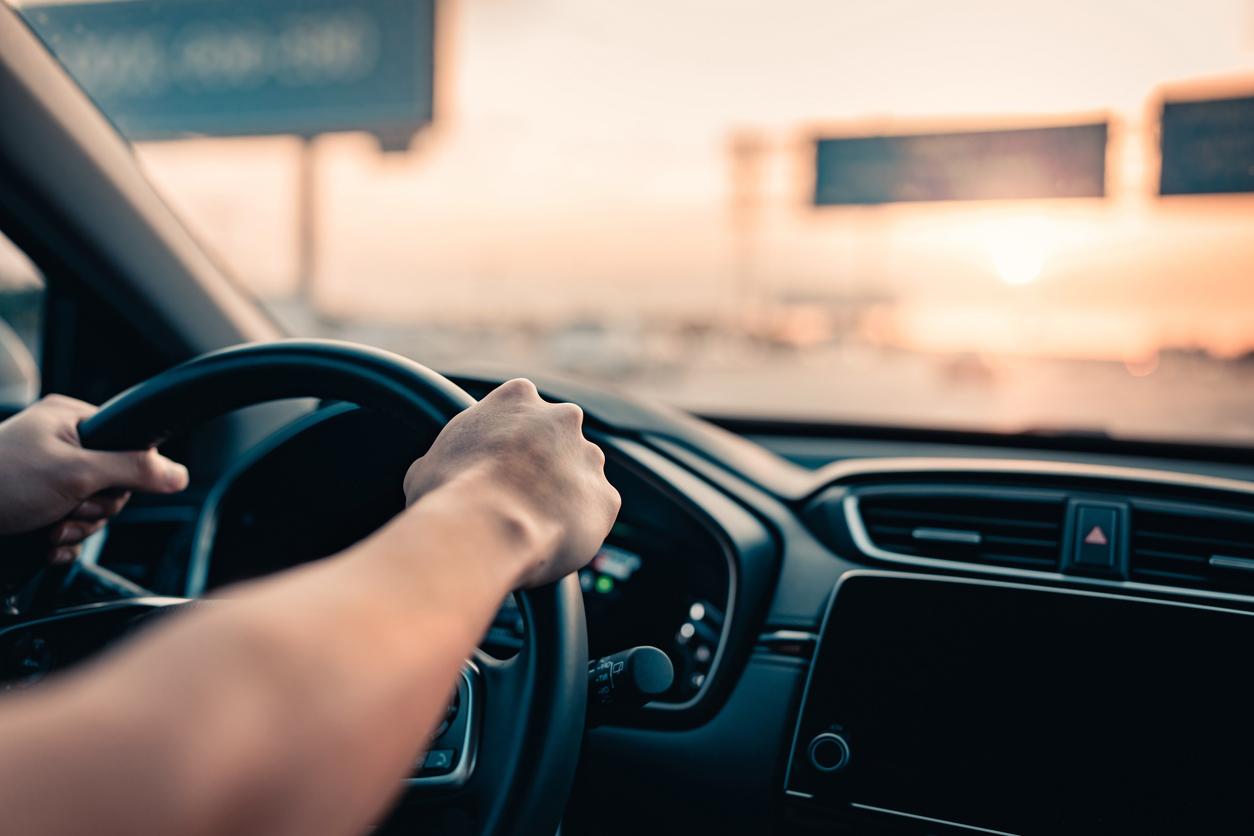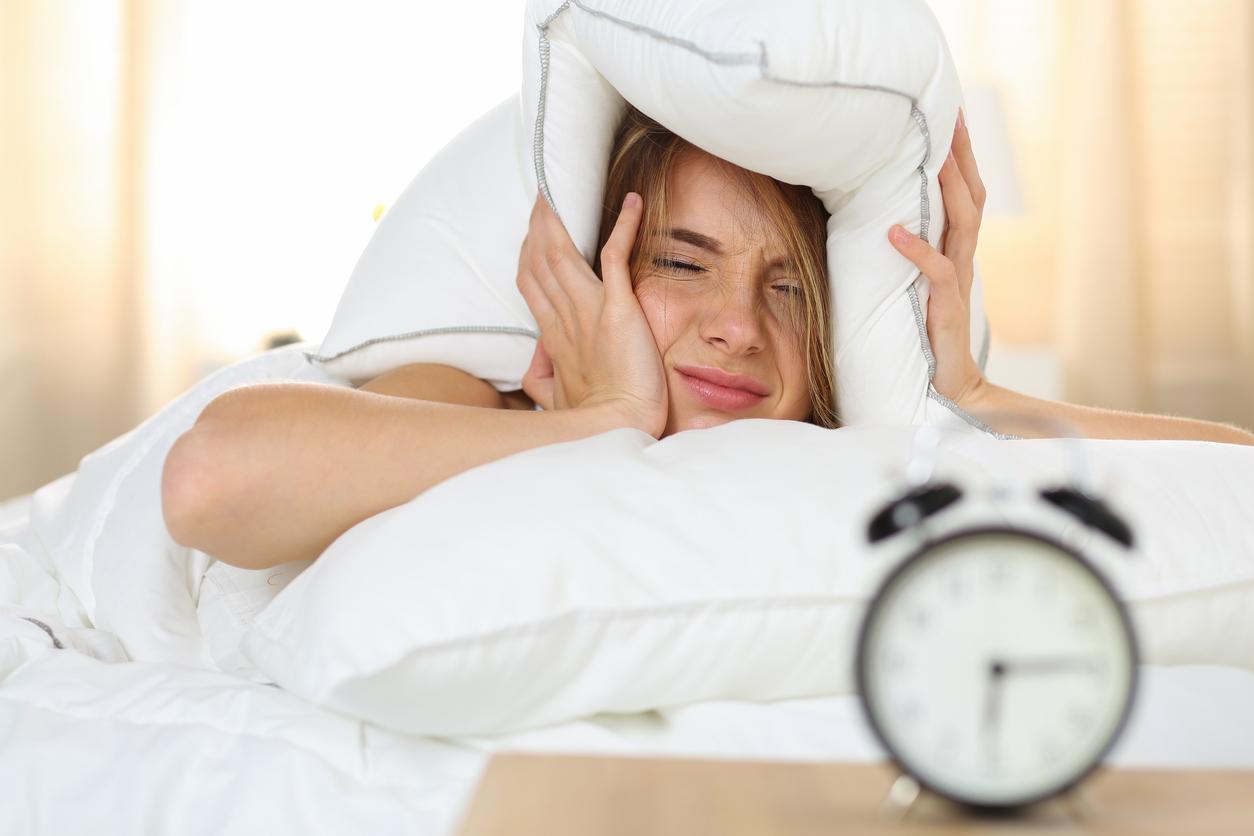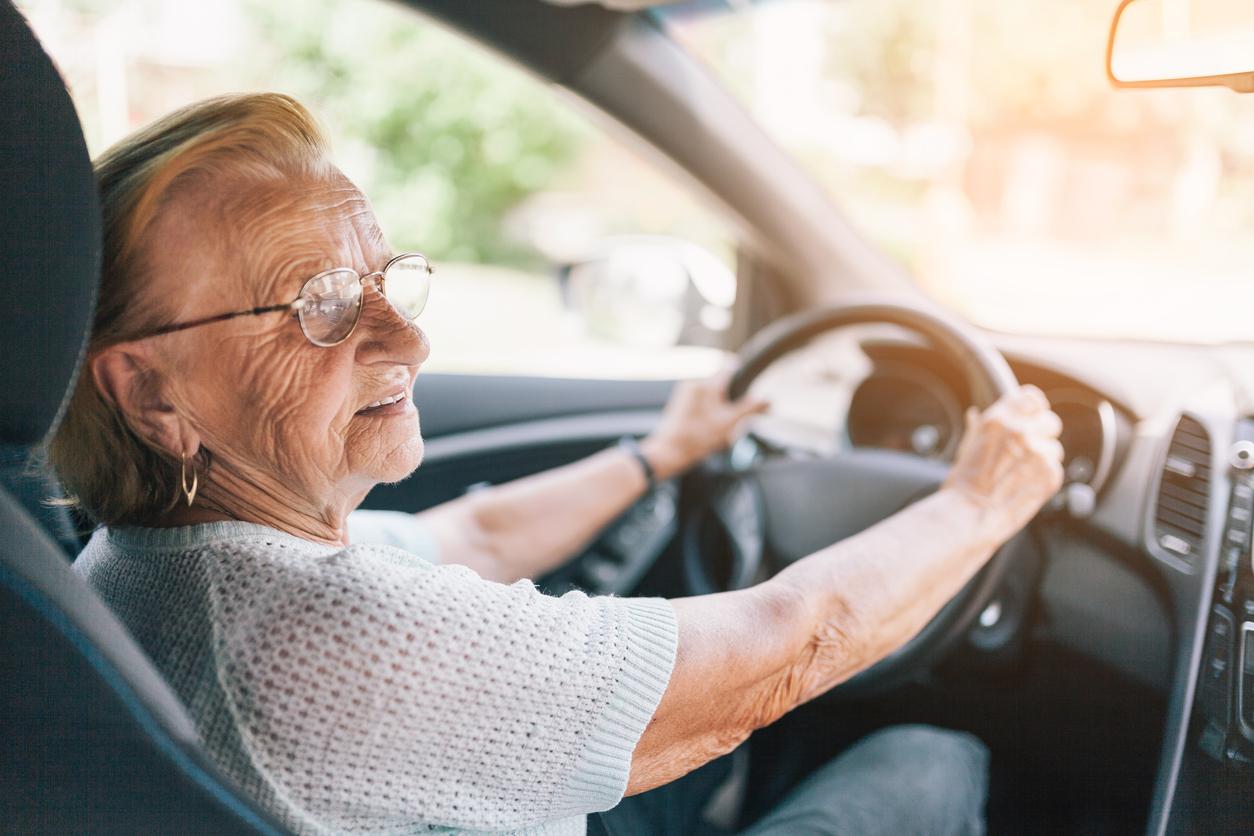Indonesian researchers have demonstrated the significant effect of “postprandial sleepiness” on reaction time and alertness while driving.
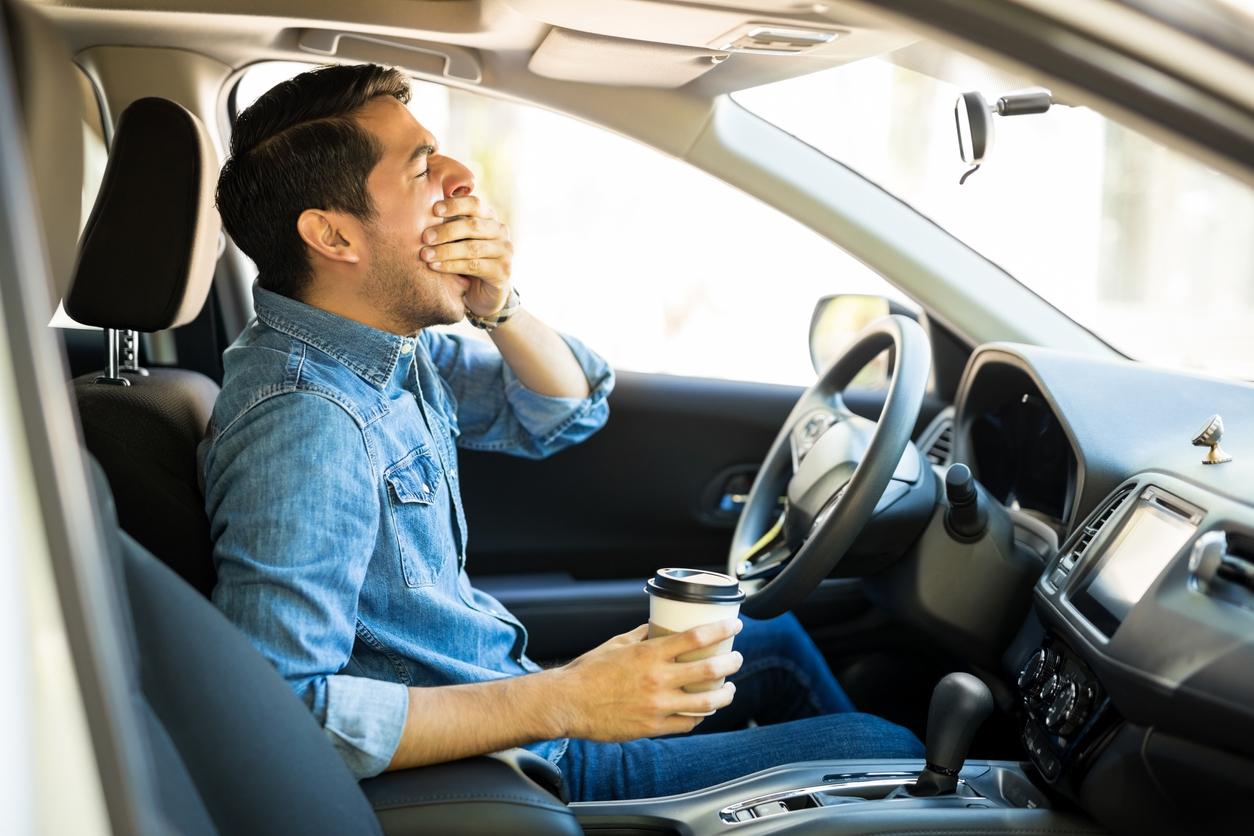
- “Postprandial sleepiness” corresponds to the desire to sleep that we feel shortly after eating breakfast.
- It has a significant influence on reaction times, alertness and driving fatigue in early morning people.
- This sudden state of fatigue during afternoon driving is linked to the circadian rhythm rather than the duration of the task.
Morning people have a natural tendency to get up early and be more alert and productive during the first part of the day. This is not the case for “night owls” who tend not to wake up early and are in great shape towards the end of the day and often until late at night. “The current literature lacks comprehensive knowledge on the relative and combined effects of task-related factors, such as driving in monotonous environments, and the ‘post-lunch dip’, i.e. the bi-circadian increase in sleepiness in in the afternoon, particularly within a specific chronotype group”Indonesian scientists said.
Postprandial drowsiness: reaction time and alertness while driving early morning people impacted
In a study, published in the journal International Journal of Human Factors and Ergonomics, they wanted to examine the impact of driving after lunch and the time spent on this task on fatigue and performance. For this, they recruited 12 men who said they were morning people. The team had them do driving simulations 20 minutes before and after lunch. These tests allowed them to discover key elements on the dynamics of fatigue while driving.
According to the results, “postprandial sleepiness”, i.e. the desire to sleep felt shortly after eating, had a significant influence on reaction times, alertness and fatigue reported by morning people. . The authors believe that this phenomenon could be attributed to the body’s natural circadian rhythm and postprandial state. So, as the day progresses, morning people face several challenges. On the other hand, “neither time on task, driving nor the interaction between sleep and task factors had significant effects on the measured variables”said the researchers.
Road safety: take into account the chronotype and time of day for measurements
They acknowledge that the small sample of their study limits the generalization of the results. Nonetheless, their research provides new knowledge about the factors that influence driving fatigue and performance in early morning adults. Thus, the team emphasizes that it is important to take into account both chronotype and time of day when developing theoretical models of driving behavior and developing road safety measures aimed at to reduce the number of road accidents.












